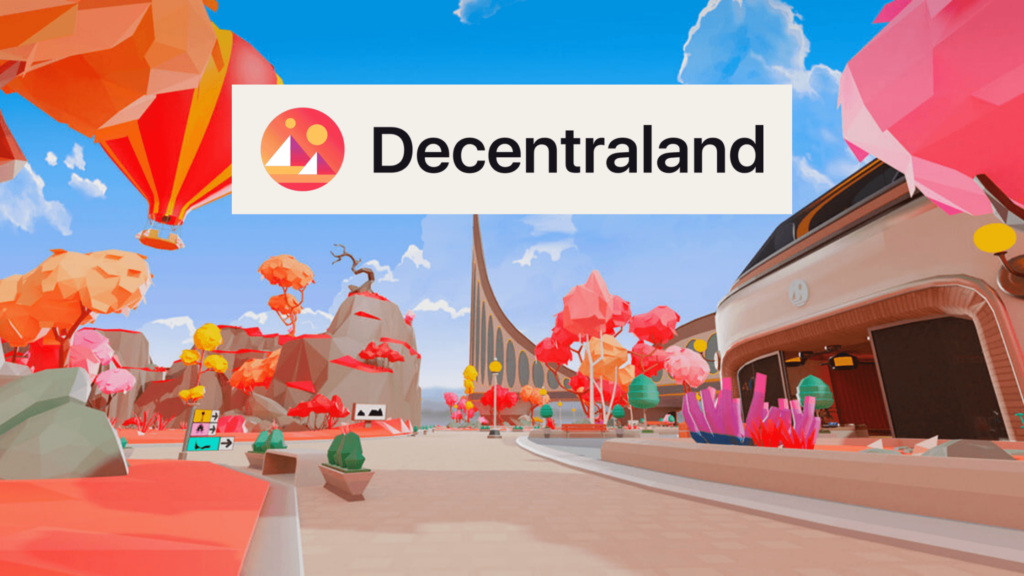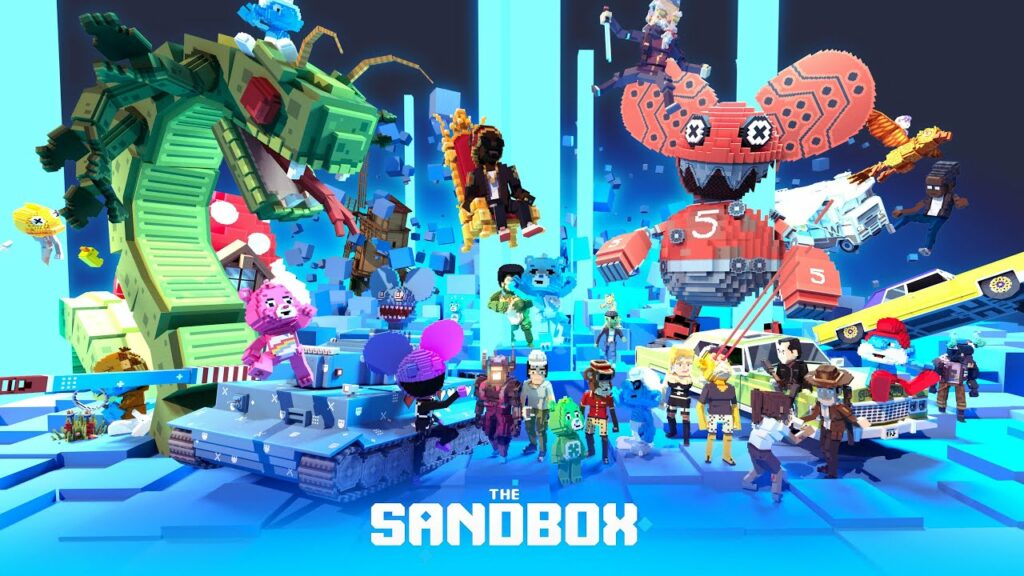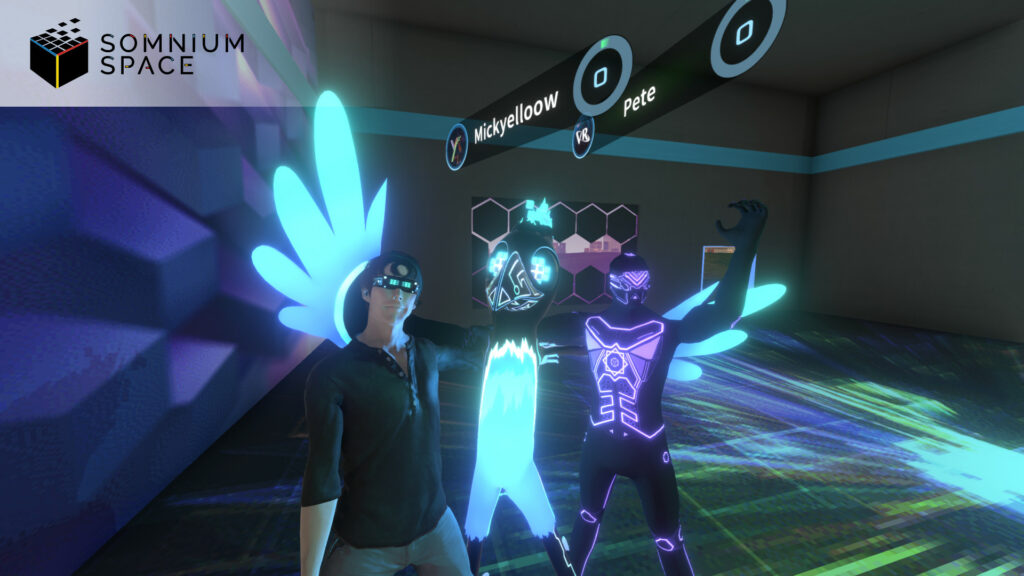

The Metaverse is a virtual world that is created by the convergence of the physical and digital worlds. It is a space where people can interact with each other and it’s currently in its early stages, but it has the potential to be a game-changer in many industries. In this article we will discuss the future and outlook of Metaverse in 2023, based on facts, statistics, and examples of successful use cases.
To start it’s important to highlight the fact that major companies like Microsoft, Apple, Facebook, and others are investing heavily in Metaverse. This initiative strengthens the industry and paves the way to future innovation in the space. Metaverse has had some success in specific cases, but we are yet to witness an evolution around virtual words. Arguably there is still a lack of technical innovation to bring the virtual reality into true perspective, however, companies like Oculus (now owned by Facebook and rebranded as Meta) are trying to create devices that makes the Metaverse a place where everyone wants to explore.
The State of the Metaverse Today
• The Metaverse is estimated to be worth $1.5 billion in 2020, and it is expected to grow to $280 billion by 2025.
• Many companies are investing in the Metaverse, including Facebook, Google, and Tencent.
• The COVID-19 pandemic has accelerated the growth of the Metaverse, as people are spending more time online.
Facebook has launched Facebook Horizon, a social virtual reality platform, and Oculus Quest, a standalone virtual reality headset. Google has launched Google Earth VR, a virtual reality experience that allows users to explore the world in 3D. Tencent has invested in Roblox, a popular game that has a virtual economy.
The Potential of the Metaverse in 2023
The Metaverse has the potential to be a new platform for social media, gaming, and e-commerce. In the Metaverse, people can create their own identities and communities, which can lead to new forms of social interaction and collaboration. The Metaverse can be used for virtual events, such as concerts, conferences, and exhibitions, which can save time and money. The Metaverse can also be used for education and training, allowing people to learn in a virtual environment.
The potential of the Metaverse is vast, and it is expected to grow significantly by 2023. The Metaverse can be used in many industries, including healthcare, finance, and real estate. In healthcare, the Metaverse can be used to simulate medical procedures and train medical professionals. In finance, the Metaverse can be used to simulate financial markets and allow people to invest in virtual assets. In real estate, the Metaverse can be used to create virtual tours of properties, allowing people to experience them before they buy.
Use Cases of the Metaverse
Gaming
The Metaverse can be used for massively multiplayer online games (MMOs), such as Second Life and World of Warcraft. In these games, players can interact with each other and with the virtual world, creating their own avatars and exploring new environments.
Social Media
The Metaverse can be used for social media platforms, such as Facebook Horizon and VR Chat. These platforms allow users to create their own virtual identities and interact with other users in a virtual environment.
E-commerce
The Metaverse can be used for virtual shopping and advertising, such as in the game Fortnite. Players can buy virtual items using real money, creating a new virtual economy.
Virtual Events
The Metaverse can be used for virtual events, such as the Virtual Blockchain Summit and the Virtual Burning Man Festival. These events can be attended from anywhere in the world, reducing the need for travel and saving time and money.
Education and Training
The Metaverse can be used for educational purposes, such as teaching coding and virtual reality design. Students can learn in a virtual environment, which can be more engaging and interactive than traditional classroom settings.
Challenges and Risks
Privacy and security: The Metaverse raises concerns about privacy and security, as it involves collecting and storing personal data.
Regulation: The Metaverse is largely unregulated, which can lead to legal and ethical issues.
Accessibility: The Metaverse requires access to high-speed internet and expensive equipment, which can limit its accessibility.
The Role of Blockchain in the Metaverse
Blockchain technology can play a significant role in the Metaverse as it can provide a secure and decentralised infrastructure for transactions and data storage. Blockchain can be used to represent ownership of digital assets such as virtual real estate, avatars, and in-game items. This can provide a secure and transparent way to prove ownership and transfer assets between users. Blockchain can also be used to create decentralized governance systems for the Metaverse, ensuring that decisions regarding the Metaverse are made in a transparent and democratic way. Blockchain can facilitate the creation of virtual economies within the Metaverse, allowing users to earn and spend real money within the Metaverse, creating new opportunities for entrepreneurship and innovation.
Examples of Successful Use Cases

Decentraland is a virtual world that is powered by blockchain technology. It allows users to create, experience, and monetize content and applications. Some statistics about Decentraland include:
• The total size of the Decentraland world is 90,601 LAND parcels
• The price of a single LAND parcel can range from a few dollars to tens of thousands of dollars, depending on the location and size of the parcel
• Decentraland has its own virtual currency, called MANA, which is used to buy and sell LAND parcels and other virtual assets within the platform
• Decentraland has a thriving community of developers and creators, who have built a wide range of applications and experiences within the platform
• Decentraland has partnerships with a number of major companies, including Binance, MakerDAO, and Chainlink.

The Sandbox is a popular game that is built on blockchain technology. Some statistics about The Sandbox include:
• The Sandbox has over 40 million downloads and 1 billion game sessions to date
• The Sandbox has its own virtual currency, called SAND, which is used to buy and sell virtual assets within the platform
• The Sandbox has a community of over 1,250 creators who have built over 4,000 game experiences within the platform
• The Sandbox has partnerships with a number of major companies, including Atari, Square Enix, and Binance.

Somnium Space is a virtual world that allows users to create and monetize content, as well as buy and sell virtual real estate. Some statistics about Somnium Space include:
• The virtual world is divided into parcels of land, with a total of 3,456 parcels available
• The price of a single parcel can range from a few dollars to tens of thousands of dollars, depending on the location and size of the parcel
• Somnium Space has its own virtual currency, called CUBE, which is used to buy and sell virtual assets within the platform
• Somnium Space has a community of over 2,500 users who have created a variety of experiences and applications within the platform
• Somnium Space has partnerships with a number of major companies, including HTC Vive, Animoca Brands, and DMarket.
Conclusion
The Metaverse has the potential to revolutionize many industries, including social media and Metaverse marketing, gaming, e-commerce, and education. However, there are also challenges and risks that need to be addressed, particularly around privacy, security, and accessibility. As the Metaverse continues to evolve, it will be important to strike a balance between innovation and regulation, and to ensure that it is accessible to everyone. Blockchain technology can play a significant role in the Metaverse, providing a secure and decentralized infrastructure for transactions and data storage. The Metaverse is a rapidly growing industry that is expected to continue growing significantly by 2023, creating new opportunities for businesses and individuals alike.At what. we always explore innovation in the Web3 space and the Metaverse is no doubt one of the biggest opportunities in the future for brands to position themselves. Many brands require specific type of exposure to connect with their target audience i.e., Fashion Brands where people want to experience the fashion on runways and events. This is where the Metaverse shines and provides a flexible solution for brands to be in front of their audience in an immersive environment from the luxury of their homes.
